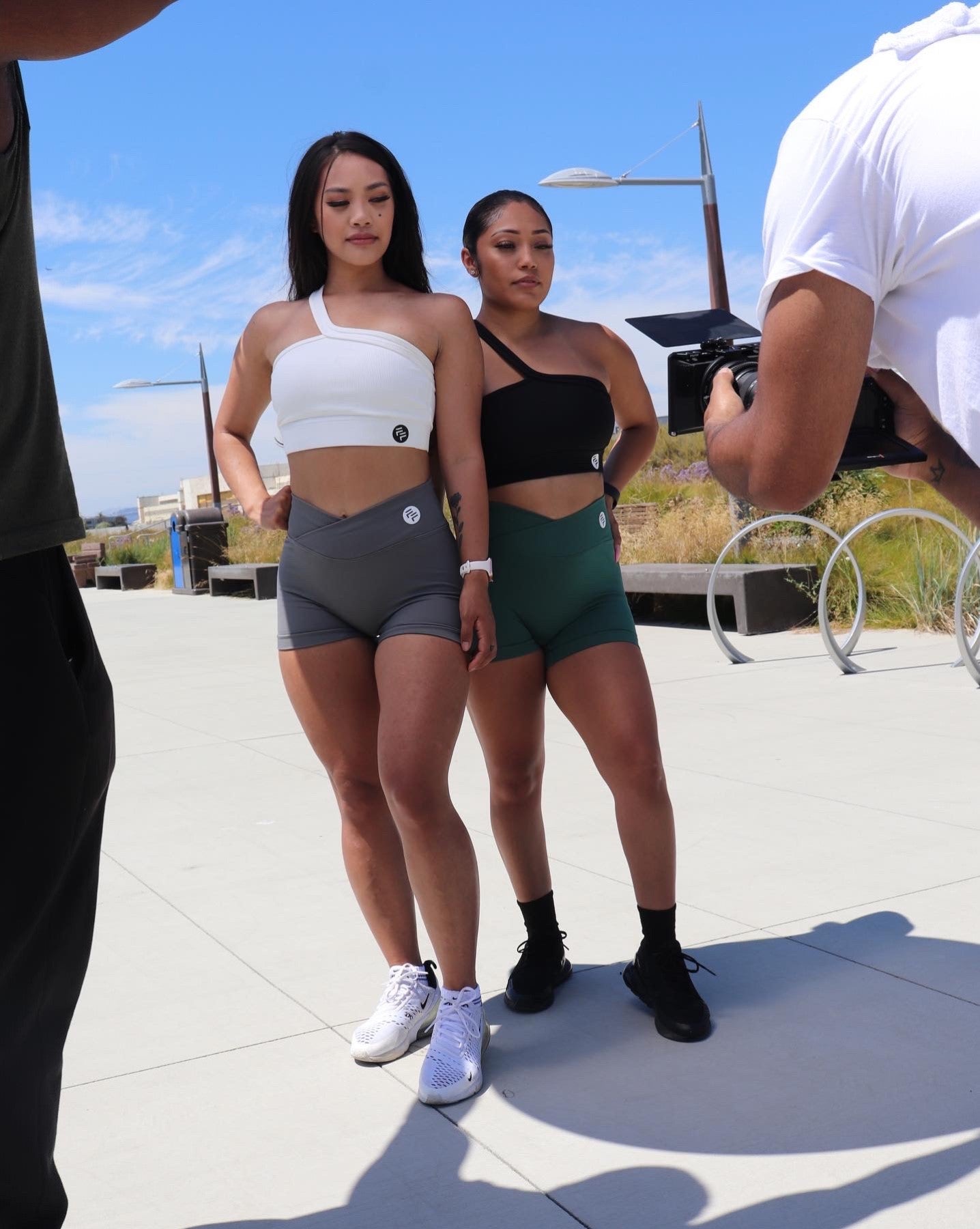Flexifits Activewear
Black off shoulder sports bra
Black off shoulder sports bra
Couldn't load pickup availability
A soft non see through sports bra, breathable and easy dry.
Materials
Materials
Shipping & Returns
Shipping & Returns
Exchange or store credit
A 30-day exchange and store credit policy is a common retail practice that outlines the terms
and conditions under which customers can exchange or receive store credit for their
purchases. This policy is designed to provide customers with flexibility and options in case
they need to return or exchange items they have bought. Here's an overview of what a typical
30-day exchange and store credit policy might include:
Policy Overview:
• Items must be returned or exchanged within 30 days from the date of purchase.
• Proof of purchase, such as a receipt or order confirmation, is usually required.
• The policy applies to items that are in new, unused, and resalable condition.
Exchanges:
• Customers can exchange the item they purchased for another item of equal or lesser value.
• If the chosen item is of lesser value, the customer will typically receive store credit for the price difference.
• Some stores might allow exchanges for items of higher value, in which case the customer
would pay the price difference.
Store Credit:
• If a customer wants to return an item but not exchange it, they may receive store credit instead of a refund.
• Store credit can usually be used to make future purchases within the store.
• The store credit is often issued in the form of a gift card or voucher with an expiration date.
Exceptions and Restrictions:
• Certain items might be non-returnable or have different return policies due to hygiene
reasons, licensing agreements, or other factors.
• Items that have been used, damaged, or are not in their original packaging might not be
eligible for return or exchange.
• Items on clearance or final sale might not be eligible for return or exchange.
Online Purchases:
• The policy usually applies to both in-store and online purchases.
• Online returns may involve shipping the item back to the store, and the return shipping
costs might be the responsibility of the customer unless the item was defective or received in error.
Communication:
• The policy details should be clearly communicated to customers at the time of purchase, either through signage in the store or on the store's website.
• It's important to provide information about the policy on receipts and order confirmations.
Remember that specific policies can vary between different retailers and regions.
Always make sure to read and understand the store's return and exchange policy before making a purchase.
Return shipping labels can be purchased for $3.99 if you are returning a single item or for
$7.99 if you are returning multiple items. Return shipping labels can be purchased and all
returns can be submitted in our Returns Portal
Reserved Rights
"Reserved rights regarding returns" refers to the specific conditions or rights that a retailer
retains with respect to returns and exchanges. These conditions are usually outlined in a
store's return policy to clarify certain scenarios or circumstances under which returns or exchanges might be restricted or denied. Here are some examples of reserved rights that a retailer might include in their return policy:
• Non-Returnable Items: The store might specify certain items that are not eligible for
returns or exchanges due to hygiene reasons, regulatory restrictions, or other factors.
Examples could include opened personal care products, customized items, or perishable
goods.
• Limited Timeframe: While the general return policy might be 30 days, there could be
exceptions for specific items or situations where a shorter return window applies. For instance, holiday-themed items might have a shorter return period after the holiday has
passed.
• Final Sale Items: Some items might be marked as "final sale," indicating that they cannot be returned or exchanged under any circumstances. This is often the case for clearance items or products with significant discounts.
• Damage or Wear and Tear: The policy might specify that items showing signs of damage, wear and tear, or use beyond what is considered reasonable for assessing the product's quality are not eligible for return or exchange.
• Incomplete Packaging: If the item is returned without its original packaging, accessories, or components, the store might reserve the right to deny the
return or apply a restocking fee.
• Refund Method: The retailer might specify that refunds will be issued in the same form
as the original payment. This means that if the purchase was made with a credit card, the
refund will be credited back to that card.
• Proof of Purchase: The policy might require a valid proof of purchase, such as a receipt or order confirmation, to be presented when requesting a return or exchange.
• Store Discretion: The store might state that they reserve the right to make a judgment
call on whether an item is eligible for return or exchange, especially in cases where the item's condition is ambiguous.
These reserved rights help the retailer manage various situations that might not fit neatly into a
standard return policy. It's important for both customers and the retailer to understand these
terms to ensure a clear and transparent return and exchange process. Always review a store's
return policy before making a purchase to avoid any misunderstandings later
Dimensions
Dimensions
Care Instructions
Care Instructions



